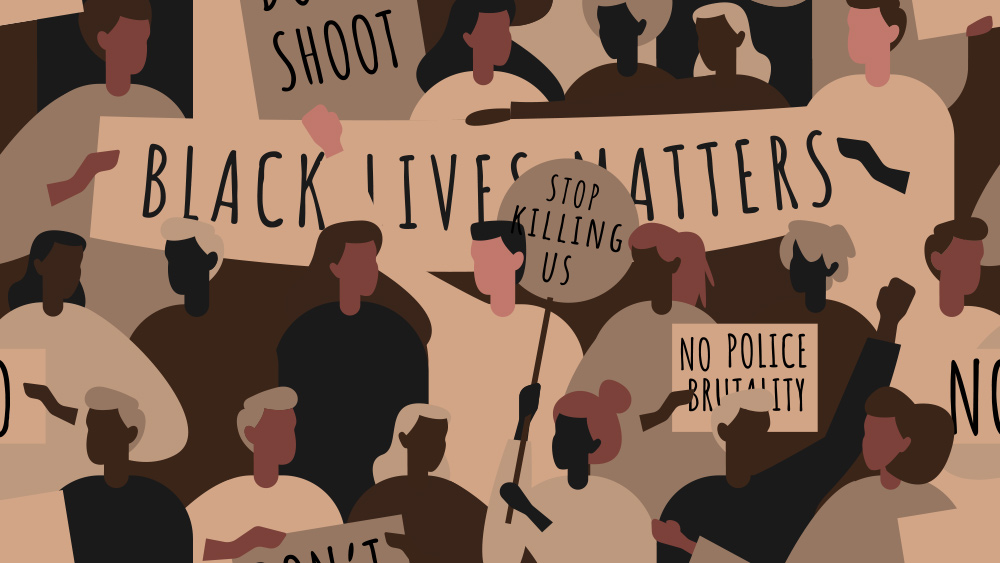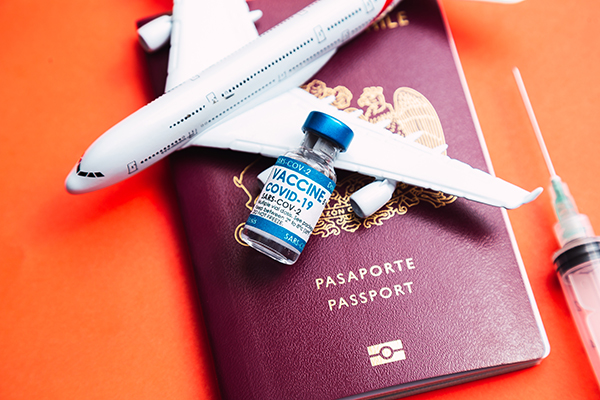
(Article by Misty from Fromthetrenchesworldreport.co)
Police in Virginia are now warning about the scam, which has also been recently reported in Florida, and, in 2016, in Pennsylvania.
“Anytime you become victim to a crime, you just feel violated,” said Officer Jo Ann Hughes with the Norfolk Police Department.
Here’s how it works – police say you’ll receive a phone call from a number you do not know.
“Usually it has a familiar area code,” Hughes told KTLA sister station WTKR, making the potential victim more likely to answer the call.
Police say after you answer the phone, a person – or automated recording – on the other end of the line introduces themselves and their business.
“That kind of warms you up,” Hughes said.
After the introduction comes the question, “Can you hear me?”
“All of us, our natural response is to say, ‘Yes,’ or ‘Sure,’ or ‘Yes I can,’” said Hughes, but she says this is exactly what you do not want to do.
Police say scammers record your “yes” response. In one variation of the scam documented by the Better Business Bureau in October 2016, the criminals may pretend to be from a cruise line or home security company and will later bill you for products or services you never asked for.
If you try to deny the charges, the scammers will playback your verbal confirmation “yes” and threaten to take legal action if you don’t pay.
In another variation, scammers may use the recording to authorize charges on a stolen credit card or with a utility company by tricking an automated system, according to CBS News. The con artists may have already stolen other personal information through a data breach that would allow them to pass the security checks.
Read more at: Fromthetrenchesworldreport.co
See more news about technology glitches and failures at GLITCH.news.
Please contact us for more information.
















